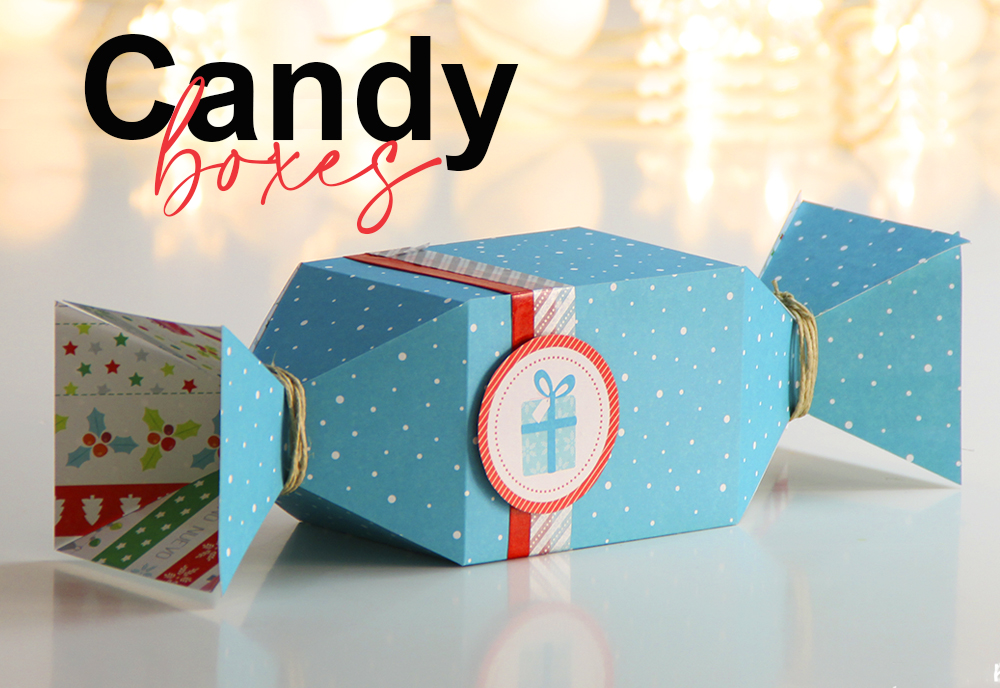Confectioners and manufacturers are in luck when it comes to marketing candy because almost everyone enjoys a delectable treat. However, even with goods as popular as candy, confectionery packaging is essential to a product’s success in the competitive market.
When it comes to candy packaging, appealing and practical are the buzzwords of the day, and customer convenience is also essential. The ideal packaging should be eye-catching, convenient to stock in retail stores, and most importantly, consumer-friendly. Candy makers have a long history of effective marketing, and matching the correct packaging model to the product is a crucial element of any confectioner’s operation.
There are many different types of candy packaging products, and each one allows consumers to enjoy the delightful treats. Here are some of the most popular types of packaging used to hold various candies and other types of sweets.
Flexible Pouches
Flexible pouches are an excellent choice for packing candy and other snack foods for retail purposes. They can be made with resealable zipper closures, which keep the inner contents fresh and suitable for use.
Flexible pouches provide excellent printing possibilities, allowing you to incorporate your appealing candy logo and product information on the bag itself. Many of these pouches, known as stand-up pouches, stand on their own, allowing you to improve the aesthetic of your product on the shelf.
Gusset Bags
Gusseted pouches are also referred to as flat-bottom bags because they have a folded-in pleat that has been pressed flat. It enables the bag to expand for increased carrying capacity while maintaining the structure of a box if necessary.
Bags of this kind can be stapled, knotted, heat-sealed, or taped shut. They’re ideal for those wishing to pack more candies in a single bag.
Pillow Pouches
Pillow pouches are another popular candy packaging option. These are commonly used to carry pre-wrapped candy in bundles, allowing customers to purchase more than one piece at a time.
These bags’ name is derived from their design, which mimics a pillow. They can be found resting flat on grocery shop shelves, holding little chocolate bars and individually wrapped gummy sweets.
Hanging Holes
Hanging bags are commonly found in grocery shops and other retail establishments. They’re a type of flexible pouch that’s sealed on both ends and occasionally also in the rear middle.
Hanging bags include a pre-punched hang hole that allows them to conveniently hang from hooks and be displayed in an appealing manner. These bags may hold several pieces of candy, which can be pre-wrapped within the bag to keep it fresh.
Twist Closures and Heat-Sealed Bags
To keep the product from spilling out of its packaging, you must have a mechanism to shut the bag of candy. Twist closures and heat sealers are very useful in this situation. Twist closures are economical for sealing your bag for basic applications that do not need much transit time.
For confectionery applications that require extended shelf life, you should apply a heat sealer to establish a robust, airtight seal in the pouch. This helps to keep your candies fresh and tasty for a more extended period of time.
Gift Boxes
Gift boxes create a good impression and are therefore widely used by businesses to hold candy. They are available in a variety of sizes and colors, and they are simple to personalize with printing or labeling applications.
Since these do not create an airtight seal, combining gift boxes and smaller polybags is preferable if you want to keep your sweets fresh and flavorful.
Reclosable Zipper Pouches
Flexible pouches with a reclosable zipper have become a massive trend on candy shelves in retail outlets. Resealable pouches in addition to presenting a high-impact billboard effect on the shelf, make it easy for customers to share and store multi-serving confectionery goods. This feature is particularly well adapted to bite-size confectionery, a rapidly expanding area of the industry.
Reclosable pouches are a critical feature for candy offerings because they provide customers with easy access to their treats while also retaining freshness. Zippers allow consumers to practice portion control since they have no fear of the product going bad, and it also lets them take their sweets on the go.
Conclusion
Effective design is about aesthetics, safety, and performance when it comes to packaging. Using high barrier bags will help secure your product from contamination during transit and preserve its freshness during the necessary storage term.
With the proper candy packaging, your customers will be able to instantly recognize you and distinguish you from a large crowd of competitors.
